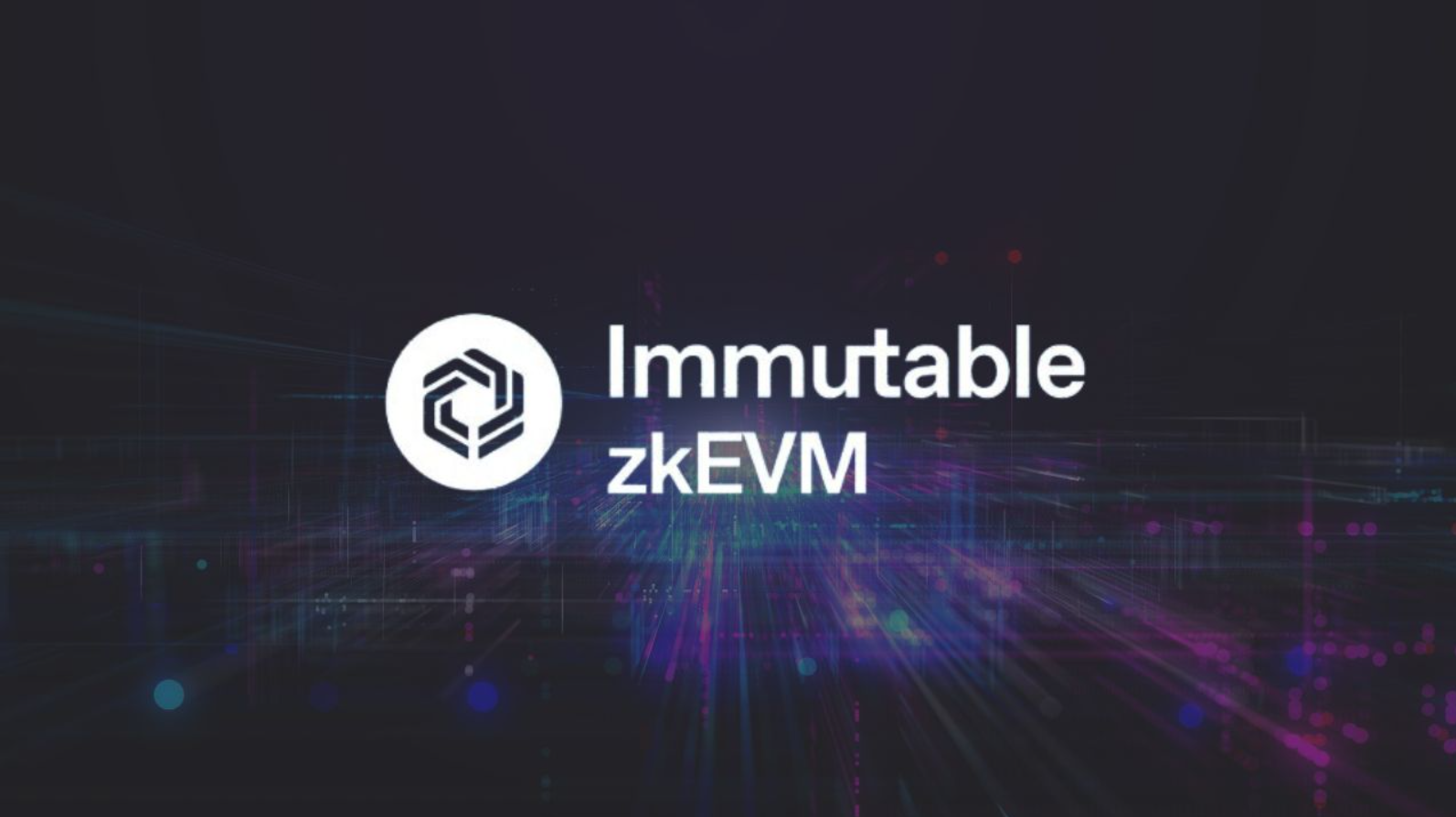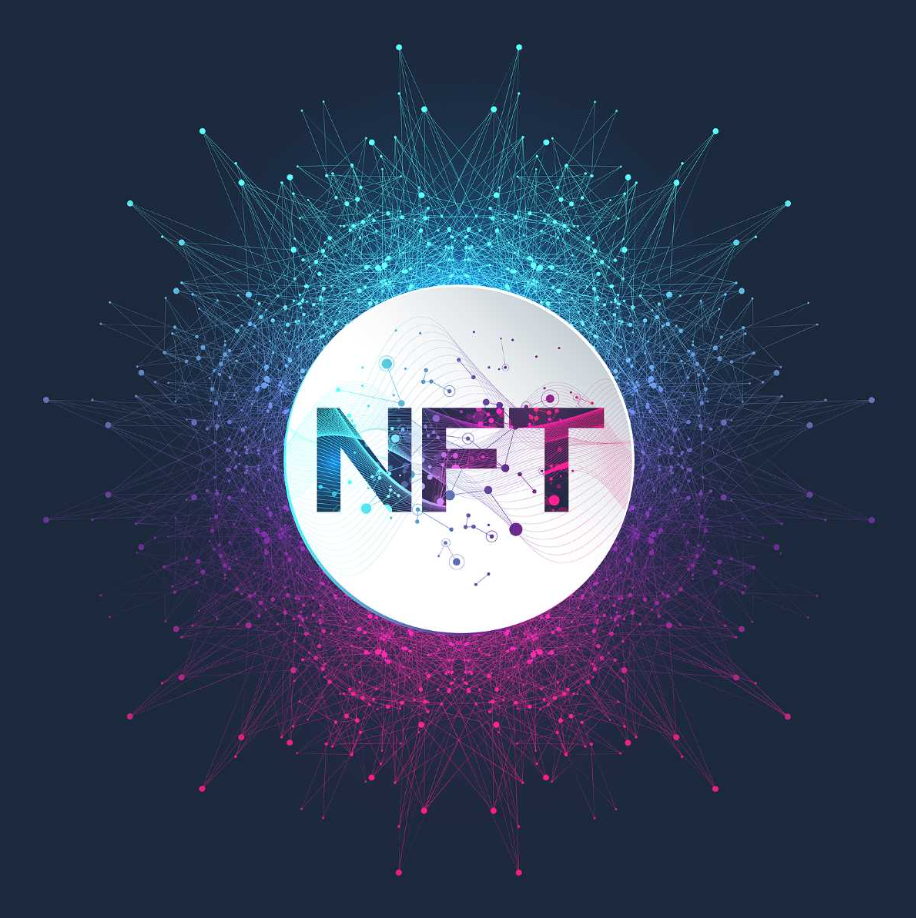In a world dominated by corporate giants of social media, the advent of Web3 brings a compelling question to the forefront: Can it challenge and conquer these titans? If you're not paying for the product, the saying goes, you're likely the product itself. This fits perfectly with the modus operandi of today's social media platforms where billions of users provide their data in exchange for the 'free' service.
User data—habits, interests, and ideologies—becomes the commodity that fuels the enormous profits of these companies. But what if this dynamic were to change?
This is where Stani Kulechov, CEO of Aave and Lens Protocol, steps in. He envisions a world where social media platforms empower users, not exploit them, he shares on the 0xResearch podcast. His company Lens Protocol, as per its website, is creating a decentralized social graph, ensuring that users have full control over their online presence.
Lens Protocol leverages blockchain technology to secure user profiles and their networks, granting unshakeable protocol guarantees. It combines on-chain and off-chain elements for efficiency, supported by Momoka, an "optimistic scaling solution" from Aave. This approach enables the platform to handle high volumes of traffic akin to those on popular social media platforms today.
With Lens Protocol, users gain control over their data and their online presence, fostering a user-centric approach rather than platform-centric. Users can seamlessly migrate their profiles and followers to any other Web3 platform without starting from scratch. It fosters an open environment where algorithms for content discovery can be created and used in a more transparent way.
So, can Web3 conquer the corporate Goliaths of social media? While it's still early days, the potential for a more decentralized and user-centric social media environment is undeniably exciting.










